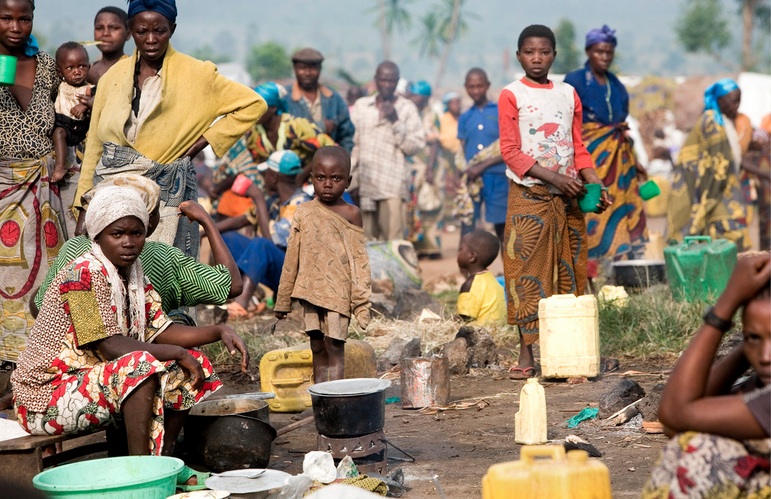A Non-Governmental Organization that promotes sexual and reproductive health in Nigeria, Marie Stopes International Organization Nigeria, MSION, has described family planning as a key factor to reducing poverty in the country.
The MSION’s Head of Marketing and Strategic Communication of MSION, Ogechi Onuoha, stated this during her presentation at a two-day workshop organized by the NGO in collaboration with the Network of Reproductive Health Reporters in Nigeria, NRHN, which took place in Ibadan, Oyo State.
According to her, access to safe and voluntary family planning is a human right, adding that it is central to gender equality and women’s empowerment.
Mrs Onuoha stated that in most developing countries, including Nigeria, some 214 million women who want to avoid pregnancy are not using safe and effective family planning methods.
She added that the reasons for the inaccessibility ranged from lack of access to information or services to lack of support from their partners or communities.
READ ALSO: In Nigeria, all-inclusive govt impossible without women – Minister
“This threatens their ability to build a better future for themselves, their families and their communities,” she noted.
Presently, according to Mrs Onuoha, 451 women and girls, out of every 100,000 die from maternal causes.
She noted that Nigeria’s reproductive health situation has a lot to improve on.
“This high Maternal Mortality Rate, MMR is largely due to high Fertility Rate, FR, unintended pregnancies and low use of contraceptives.
“The Federal Government of Nigeria, through the Federal Ministry of Health, FMOH, has set a modern contraceptive prevalence rate (mCPR) target of 27% by 2020.
“To achieve this, a lot must be done to address the barriers to uptake of modern contraceptive methods,” she added.
She, however, stated that increased uptake of modern Family Planning, FP, services will contribute to averting about 30% of MMR, 25% under five, U5, mortality and allow more women to remain in school, get educated and contribute to national development.
DAILY NIGERIAN reports that about 40 media practitioners, drawn from various print, broadcast and digital media organizations across the country participated in the workshop.






